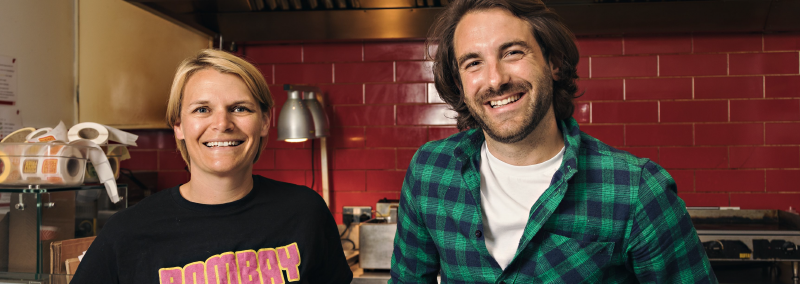Investment thesis
- The food delivery market is booming. Analysts see this as a long-term change in consumer behaviour. Online food delivery for European restaurants and platforms is currently a $21bn annual market within the wider European food market of $1.7trn. With online penetration significantly lagging that of other retail categories there is opportunity for Taster to materially accelerate online adoption.
- Few brands are built with the concept of being delivery only (digitally native); with the surge in demand for takeaways, traditional restaurants have adapted their menus and offering for the delivery market but with varying success. Taster has designed its menus, packaging and experience around the take-away customer leading to a far superior experience. Taster is proving the success of this with a very high level of repeat customers.
- Broad appeal: This is not just a solution for densely-populated urban areas, and can also rapidly scale to areas less well-served by existing food offerings. Therefore there is a lot of pent-up demand for Taster to go after; particularly in a post COVID world where people eat at home more often.
- Taster is the first digitally native food brand concept to scale up via a licensed restaurant partnership model; by partnering with existing experts in food preparation they can ensure a high level of quality of the food being delivered and ensure the operations are being run in an efficient way which leads to a mutually beneficial relationship.
- Despite already being a large market, there is a significant under penetration in the food category online when compared to other categories. Given developments in delivery logistics we believe Taster can play a significant role in accelerating ecommerce penetration within food.
- The team’s unfair advantage: Taster is one of the first digital-only restaurant brands (DRBs) to launch in Europe, with the founder previously having direct food-service experience as the #7 employee at Deliveroo.














